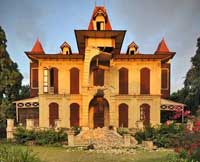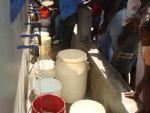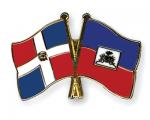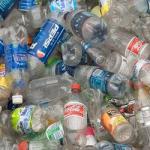Give Haitian Coffee (and Farmers) a Chance
 Like Haitians themselves, coffee has African roots. Throughout much of its colonial and post-colonial history, coffee was a major export and source of livelihoods. However, mismanagement, deforestation, natural disasters, political instability, and embargos have resulted in a dramatic decrease Haitian coffee exports. Yet, Haitian coffee is good - unusually good. Can Haiti revive and expand its coffee industry? Just Haiti and Singing Rooster are two organizations that believe it can. Buying from either of these organizations is a great way to support both your coffee habit and Haitian farmers.
Like Haitians themselves, coffee has African roots. Throughout much of its colonial and post-colonial history, coffee was a major export and source of livelihoods. However, mismanagement, deforestation, natural disasters, political instability, and embargos have resulted in a dramatic decrease Haitian coffee exports. Yet, Haitian coffee is good - unusually good. Can Haiti revive and expand its coffee industry? Just Haiti and Singing Rooster are two organizations that believe it can. Buying from either of these organizations is a great way to support both your coffee habit and Haitian farmers.











